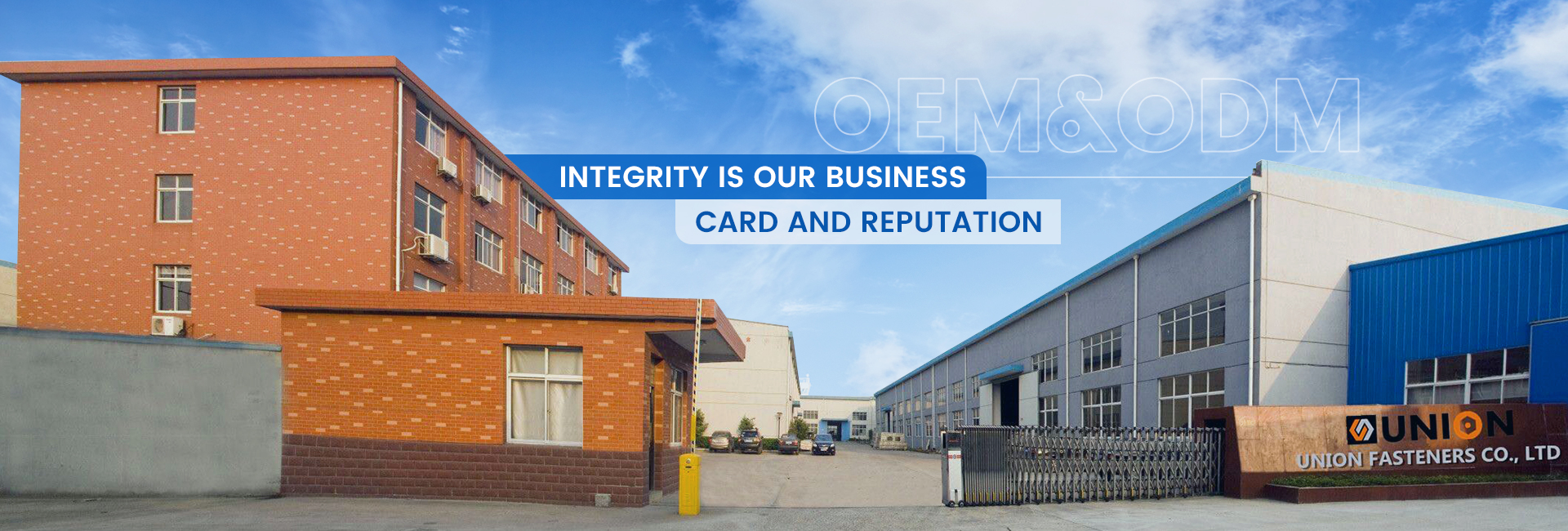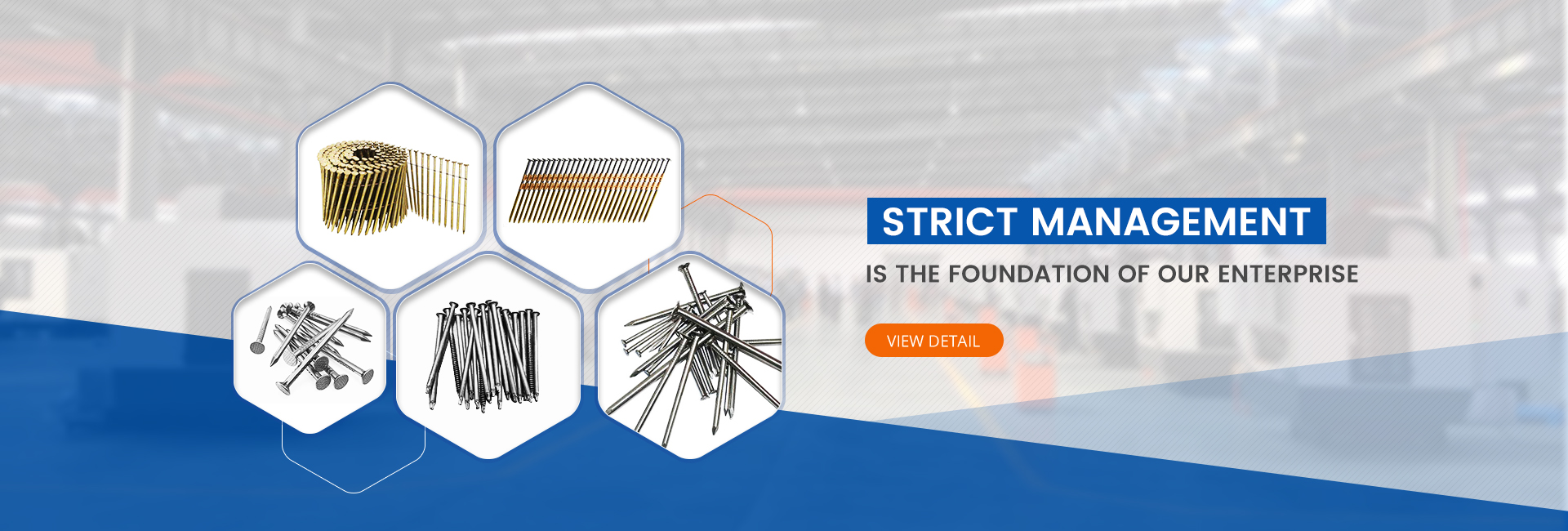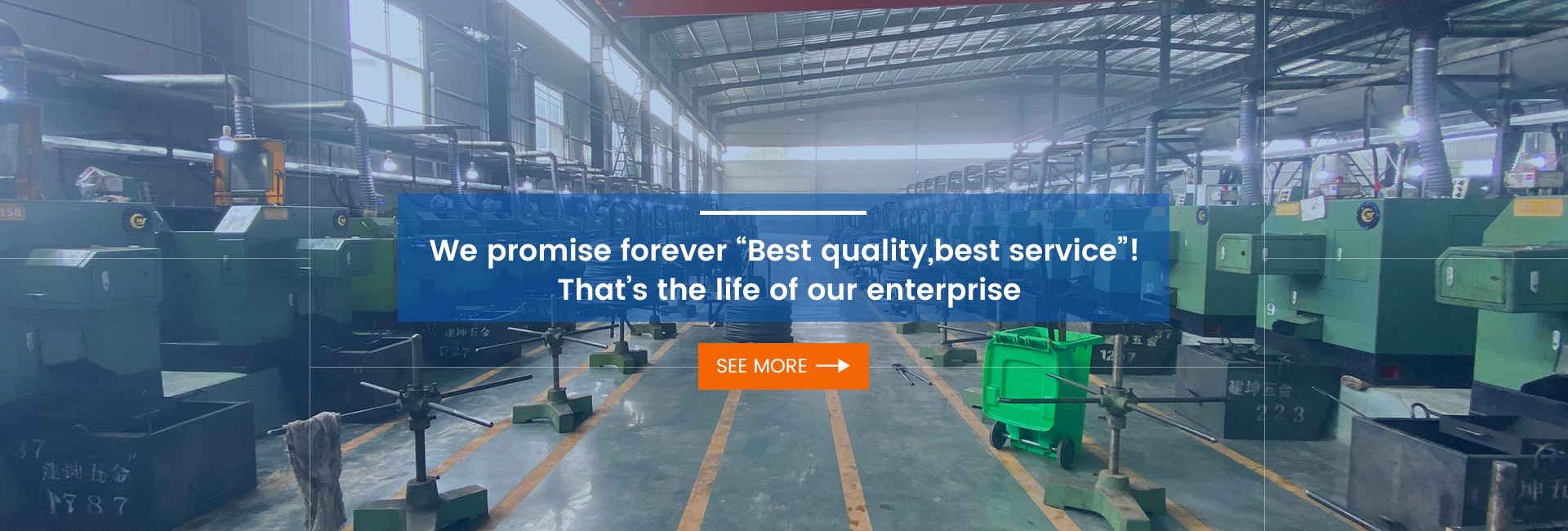The hardware industry is an essential part of manufacturing, encompassing a wide range of products from simple hand tools to complex machinery. With the development of the global economy and technological advancements, the hardware industry is constantly evolving and growing.
1. Technological Innovation and Smart Manufacturing
With the rise of Industry 4.0 and smart manufacturing, the hardware industry is undergoing technological transformation. The application of advanced technologies such as automation, artificial intelligence, and the Internet of Things has significantly improved production efficiency and product quality. Smart manufacturing not only reduces production costs but also enhances product precision and consistency. These technologies are applied not only in the production process but also extend to supply chain management, inventory control, and after-sales services.
2. Environmental Protection and Sustainable Development
As global awareness of environmental protection grows, the hardware industry is gradually transitioning to green manufacturing. Companies are adopting eco-friendly materials, energy-saving equipment, and waste recycling technologies to minimize the environmental impact of production. Additionally, governments and industry organizations are promoting the establishment and implementation of environmental standards, providing new market opportunities for hardware companies. In the future, green and sustainable products will become an important competitive advantage in the industry.
3. Expansion of Emerging Markets
The demand for hardware products is not only from developed countries but also significantly increasing in rapidly growing emerging markets in regions such as Asia, Africa, and Latin America. With accelerated infrastructure construction and industrialization in these regions, the demand for hardware tools and equipment continues to rise. This provides a vast market space for hardware companies. Additionally, companies can expand their market share in these regions through exports, joint ventures, mergers, and acquisitions.
4. Customization and Personalized Services
Modern consumers are increasingly valuing customization and personalized products, and the hardware industry is no exception. Through customized services, companies can better meet the specific needs of customers, thereby enhancing customer satisfaction and loyalty. For example, customers can order specialized tools or components tailored to their specific requirements. Personalized services not only increase the added value of products but also bring more profit margins for companies.
5. Online Sales and Digital Marketing
With the rapid development of e-commerce, more and more hardware companies are paying attention to online sales channels. The combination of digital marketing and e-commerce platforms enables companies to reach global customers more widely. Through data analysis and targeted marketing, companies can better understand market demands, optimize product portfolios, and boost sales performance.
Conclusion
The development prospects of the hardware industry are broad, benefiting from technological innovation, environmental trends, the expansion of emerging markets, the rise of customized services, and the prevalence of digital marketing. In the future, companies need to continuously adapt to market changes and enhance their competitiveness to address the challenges and opportunities brought by globalization and digitalization. The continued development of the hardware industry will make an important contribution to the prosperity and progress of the global economy.
Post time: Aug-01-2024



